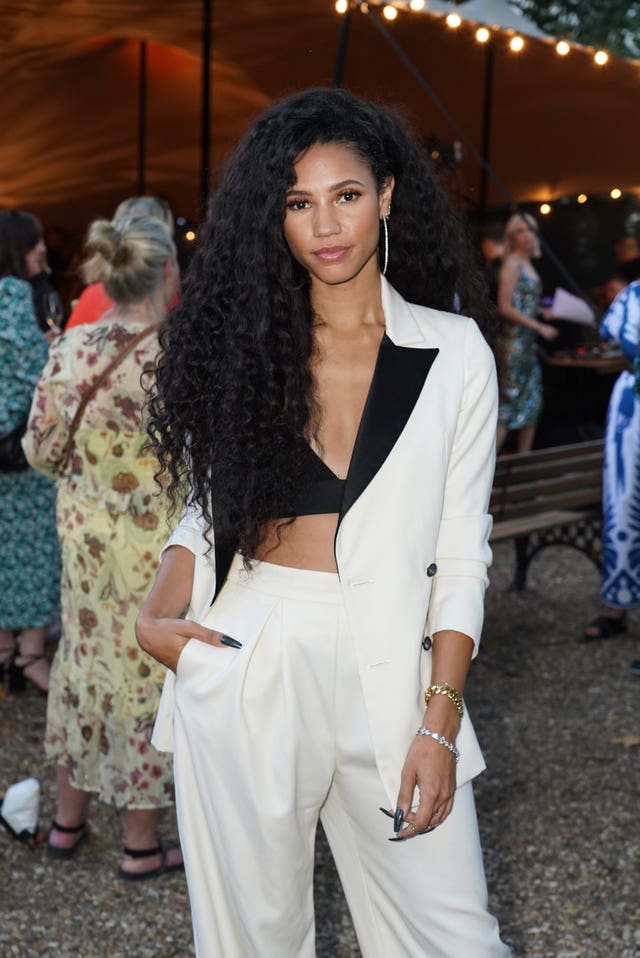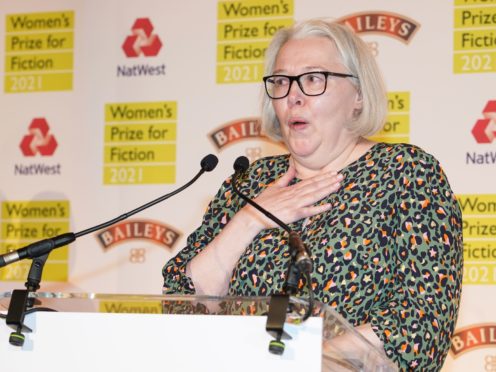A novel which will “have a lasting impact” has been named winner of the Women’s Prize for Fiction.
British author Susanna Clarke, 61, has scooped the prestigious literary prize with Piranesi, her first novel in more than a decade after suffering a chronic illness.
It follows on from the success of her debut novel, 2004’s Jonathan Strange & Mr Norrell, which was published in more than 34 countries and adapted for a BBC TV series which aired in 2015.
…And without further ado, we are thrilled to reveal that the 2021 #WomensPrize for Fiction winner is Susanna Clarke with Piranesi 🙌 pic.twitter.com/rCzMbzWl11
— Women's Prize (@WomensPrize) September 8, 2021
Other works by Clarke, who lives in Derbyshire, include The Ladies Of Grace Adieu And Other Stories, a collection of short stories with some set in the world of Jonathan Strange & Mr Norrell, and which was published in 2006.
Clarke described her win as an “immense, incredible honour” as she came on stage to accept the prize.
She said: “As some of you will know, Piranesi was nurtured, written and publicised during a long illness. It is the book that I never thought I would get to write. I never thought I’d be well enough.
“So this feels doubly extraordinary, I’m doubly honoured to be here, and my hope is that my standing here tonight will encourage other women who are incapacitated by long illness.”

This year’s judging panel included Booker Prize winner and chairwoman of judges Bernardine Evaristo, as well as podcaster and journalist Elizabeth Day, radio host Vick Hope, print columnist Nesrine Malik and presenter Sarah-Jane Mee.
Evaristo said: “We wanted to find a book that we’d press into readers’ hands, which would have a lasting impact.”
She added that Clarke has “given us a truly original, unexpected flight of fancy which melds genres and challenges preconceptions about what books should be”.
“She has created a world beyond our wildest imagination that also tells us something profound about what it is to be human.”

Clarke’s winning novel, published by Bloomsbury in September 2020, comprises a series of journal entries from Piranesi, the titular character who lives a near-solitary existence in his marble labyrinth of a home, where he tracks the goings-on of the ‘House’.
Now in its 26th year, the Women’s Prize for Fiction is open to original fiction written in English by women from anywhere in the world.
Other titles vying for the prize included The Vanishing Half, by US writer Brit Bennett, which follows twin sisters who grow up in a black community but live separate lives as adults, with one hiding their racial identity.

Also shortlisted was Cherie Jones for How The One-Armed Sister Sweeps Her House; Claire Fuller’s novel Unsettled Ground; Transcendent Kingdom by Yaa Gyasi; and Patricia Lockwood’s No One Is Talking About This.
Clarke was announced the winner at a ceremony held in central London, and takes home a £30,000 prize endowed by an anonymous donor and the Bessie, a limited edition bronze figure created by Grizel Niven.
Last year’s winner was Maggie O’Farrell for her eighth novel Hamnet.
